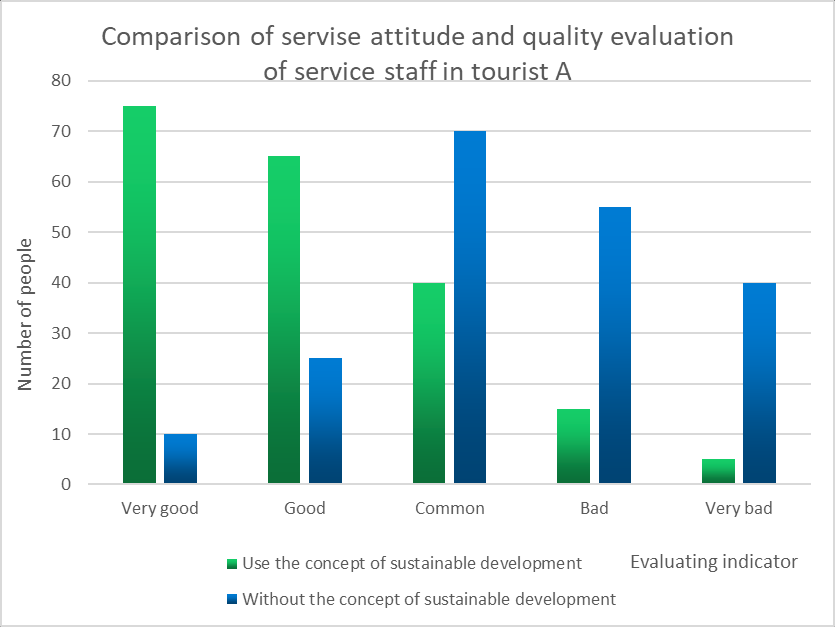Knowledge translation and research capacity in allied health professions are crucial for evidence-based practice. However, the application of evidence into practice has often been neglected. To address this gap, a research leadership position was created in occupational therapy to embed research into practice, build research capacity, and promote knowledge translation.
Building Research Capacity and Knowledge Translation
The role of the Occupational Therapy Academic Project Officer evolved into the Lead Research Occupational Therapist. The position aimed to provide leadership and vision by completing and publishing research projects, developing a strategic plan to build research capacity, creating a database of research activity, and providing documentation and resources to support the ongoing sustainability of the position.

This position focused on building research capacity and knowledge translation simultaneously. All research conducted within the service was aligned with the needs of the organization and community, considering its potential impact on occupational therapy practice.
Challenges and Motivators
Australian studies have shown that allied health clinicians are motivated to participate in research by personal interest and a desire to deliver the best service and outcomes for patients. Occupational therapists particularly value working in a department with a visible research and evidence-based culture, which instills pride and confidence but also creates pressure.
However, time pressures and a lack of confidence in research skills have been identified as key barriers. Leadership has been found to play a supportive role in research capacity building, and the creation of research and evidence-based practice positions is an emerging strategy in allied health.
Evaluating the Impact
While there have been studies on the impact of research positions in allied health, few have focused on knowledge translation. This study conducted a longitudinal evaluation of the impact of the lead research occupational therapist position in a mental health service.
The study aimed to objectively measure the impact of the position and evaluate knowledge translation outcomes. It utilized multiple methods to assess the impact, making it a unique contribution to the evidence base on knowledge translation in allied health.
FAQs
Q: What is the role of the Lead Research Occupational Therapist?
A: The Lead Research Occupational Therapist provides leadership and vision to embed research into occupational therapy practice, build research capacity, and promote knowledge translation.
Q: What are the challenges faced in building research capacity?
A: Time pressures during work hours and a lack of confidence in research skills have been identified as key challenges in building research capacity.
Q: How does leadership support research capacity building?
A: Leadership plays a supportive role in research capacity building by developing local models, providing academic support throughout the research cycle, and offering service-level and organizational support.
Conclusion
This longitudinal evaluation of the lead research occupational therapist position in a mental health service contributes to the growing evidence base on knowledge translation in allied health. By focusing on research capacity and knowledge translation simultaneously, this position aims to bridge the gap between generating knowledge and applying it in clinical practice. The study’s findings will help inform future strategies and initiatives to enhance evidence-based practice in allied health professions.
Remember to visit Instant Global News for more informative and insightful articles.
